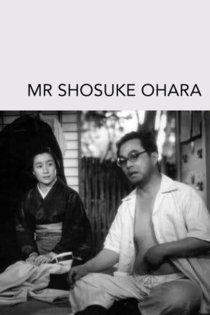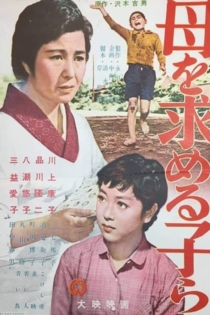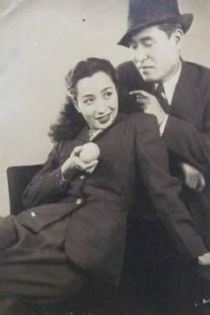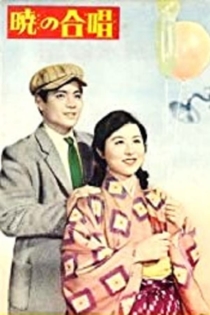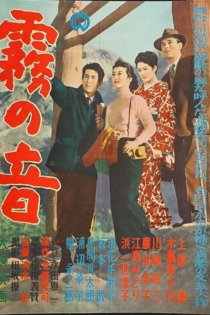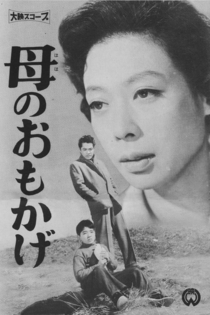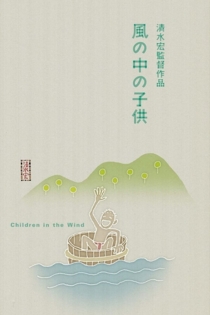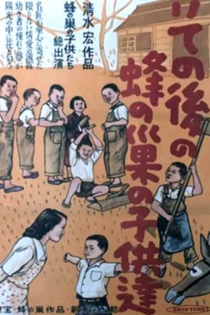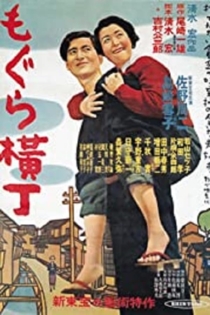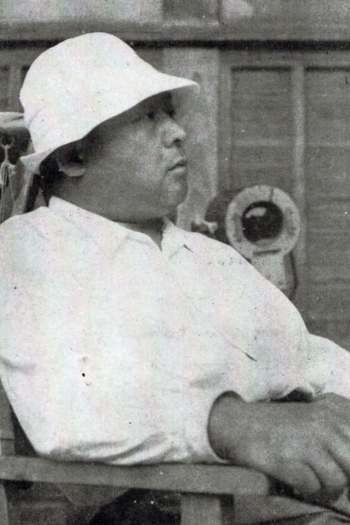
Hiroshi Shimizu
1903 - 1966Hiroshi Shimizu ( March 28, 1903 – June 23, 1966) was a Japanese film director, known for his silent films with detailed depictions of Japanese society. He was born in Shizuoka and attended the Shochiku studio in Tokyo where he began making films in 1924, at the age of just 21. A friend and colleague of Yasujiro Ozu, he is believed to have directed at least 166 films during his career. He died of a heart attack on June 23, 1966, at the age of 63. Though respected in his time, today he is largely unknown, even in his native Japan. In 2008, Shochiku released two box sets which include eight of his films. In 2009, a Criterion Collection box set of four of his films was released.
Description above from the Wikipedia article Hiroshi Shimizu (director), licensed under CC-BY-SA, full list of contributors on Wikipedia.
かがやく愛
Hiroshi Shimizu, Yoshio Nishio
Shoichi Nodera, Teruyo Hayami
Created by Shochiku’s cultural film department on behalf of the Ministry of Education, this film tells an ironic anecdote juxtaposing the fate of a cooper’s son with that of the son of a middle-class salaried worker, and championing the virtues of honest poverty and diligence. An educational film preaching a fable-like message, it is however filled with humorous scenes that offset the film’s didacticism. Original director Yoshio Nishio fell ill and was replaced halfway through the shooting by the admired filmmaker Hiroshi Shimizu; though finished in May 1931, the film was shelved and never given a general release. Shot as a silent film, this version of the film features musical accompaniment, sound effects, and a spoken commentary track by a benshi narrator, thus bearing witness to the variety of forms taken by sound film during this transitional period.
Shining Love
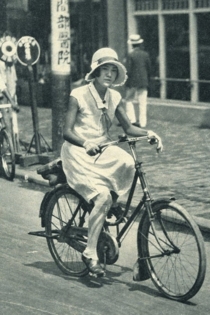
蜂の巣の子供たち
Hiroshi Shimizu
Daisuke Iwanami, Shimamura Shusaku
The movie focuses on the plight of ten war orphans hailing from different cities across Japan. With nowhere to go, they scavenge around train stations, scratching out an existence by means of black market work for a one-legged tramp whilst avoiding being picked up by the police for vagrancy. Soon however, they find a more inspiring role model in the figure of a nameless soldier just repatriated after the war. An orphan himself, the soldier also has no home to return to, and so sets out across the country with the kids in tow in search of work before settling on the goal of leading them to the orphanage where he himself grew up.
Children of the Beehive
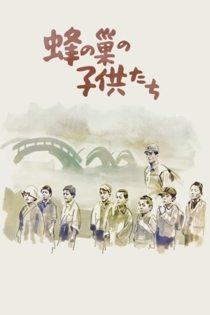
歌女おぼえ書
Hiroshi Shimizu
Yaeko Mizutani, Ken Uehara
Uta’s mother died when she was six years old; her father she never met. She was forced to adopt a traveller’s life when her grandmother died, and now she is a dancer and part of a family of actors who travel from town to town, setting up street performances. A way of escape from this marginal existence arises when she gets the chance to move to tea merchant Hiramatsu’s place, where she is asked to teach his daughter to dance.
Notes of an Itinerant Performer
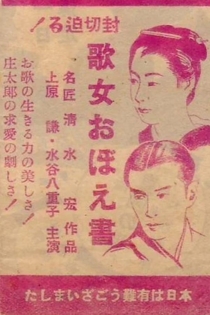
小原庄助さん
Hiroshi Shimizu
Denjirō Ōkōchi, Akiko Kazami
Saheita, the final heir of a once rich and respectable family, can't refuse the many villagers that come to him for favours and money, even though he is on the brink of bankruptcy. Around town he is better known by his nickname Mr. Shosuke Ohara.
Mr. Shosuke Ohara
